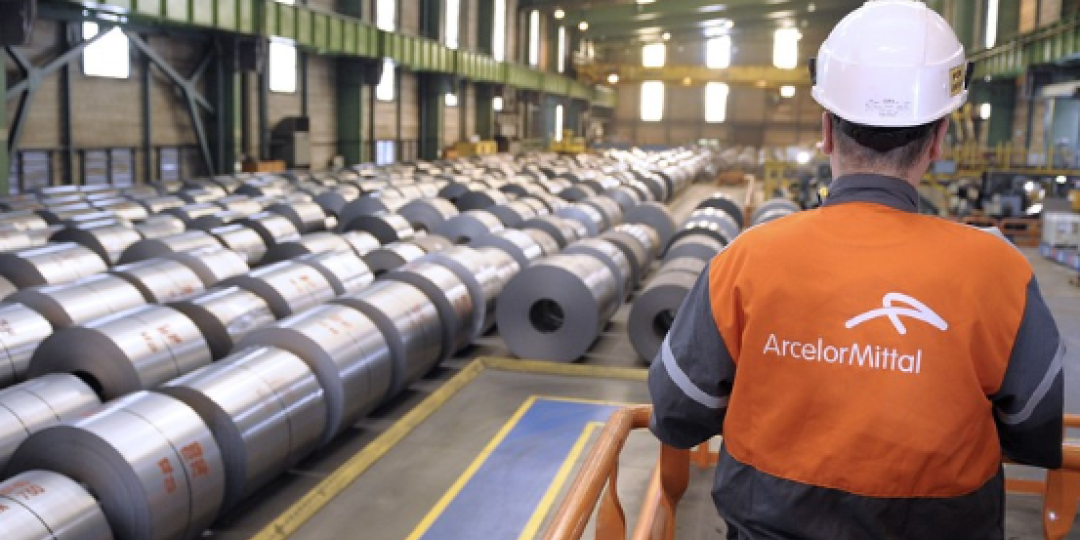The reported loss of 3 500 jobs from the closure of ArcelorMittal South Africa’s (Amsa) long-steel plants in Vereeniging and Newcastle at the end of January is nothing compared to what it could cost the country’s economy and employment in the long run, experts say.
Commenting on the impact the closure will have on downstream beneficiation, South African Iron and Steel Institute secretary general, Charles Dednam, told Rapport the potential blow would be “enormous”.
He said the services and supply sectors dependent on local steel provision could suffer losses amounting to 100 000 jobs or more.
Despite persistent warnings last year by Amsa that it could not compete with cheap steel imports from countries such as China, the ANC-led government’s main trading partner, nothing materialised in the line of decisive intervention.
Dednam said the reality was that we could lose the entire manufacturing industry unless government policy was aligned with local manufacturing interests.
He stressed that considering the provision of steel types by Amsa, which cannot be sourced locally, manufacturing plants in South Africa would now lose the only supplier available for the country’s major employer manufacturing concerns.
The automotive, mining, and fitter and turning industries have been identified as sectors that will most likely shed thousands of jobs because of costs related to the future unavailability of locally produced long steel.
Two vehicle brands which have warned against the fallout of Amsa’s plant closures are Toyota and Mercedes-Benz.
Toyota has said that without spring steel supplied by Amsa its entire front-component manufacturing operation will be affected.
Volkswagen has added its voice to the likes of Mercedes-Benz, claiming that the ripple effect of the Amsa plant closures in Vereeniging and Newcastle amount to a breach of trust in the manufacturing sector.
To put Amsa’s plight in perspective, the demand for steel last year was 4.1 million tonnes but 1.3 million tonnes were imported, meaning only 2.8 million tonnes were internally sold.
Dednam said part of the problem was the country’s low growth trajectory, affecting local steel demand for infrastructural build projects.
Marius Croucamp, the deputy chief secretary for strategy at labour federation Solidariteit, said South Africa was facing a catastrophic impact if the Amsa plants closed down as planned.
He said by 2030 the country would not have a manufacturing sector left, while other thought leaders have warned that it will torpedo the government’s efforts of job creation through economic renewal.
He added that Amsa’s dire position was entirely the making of policy dithering by the government, whose Steel Master Plan (SMP), steered by the Department of Trade Industry and Competition (dtic), had last had a monitoring council meeting in November 2023.
For the whole of 2024, despite regular appeals for intervention to the dtic by Amsa, nothing of substance materialised.
Rapport warned that apart from the immediate 3 500 direct job losses in Vereeniging and Newcastle, a further 30 000 jobs would be lost in quick succession.
However, this figure could grow to 100 000 jobs or more, given the 450 000 tonnes of steel required by downstream companies annually – steel that isn’t easily sourced elsewhere.













